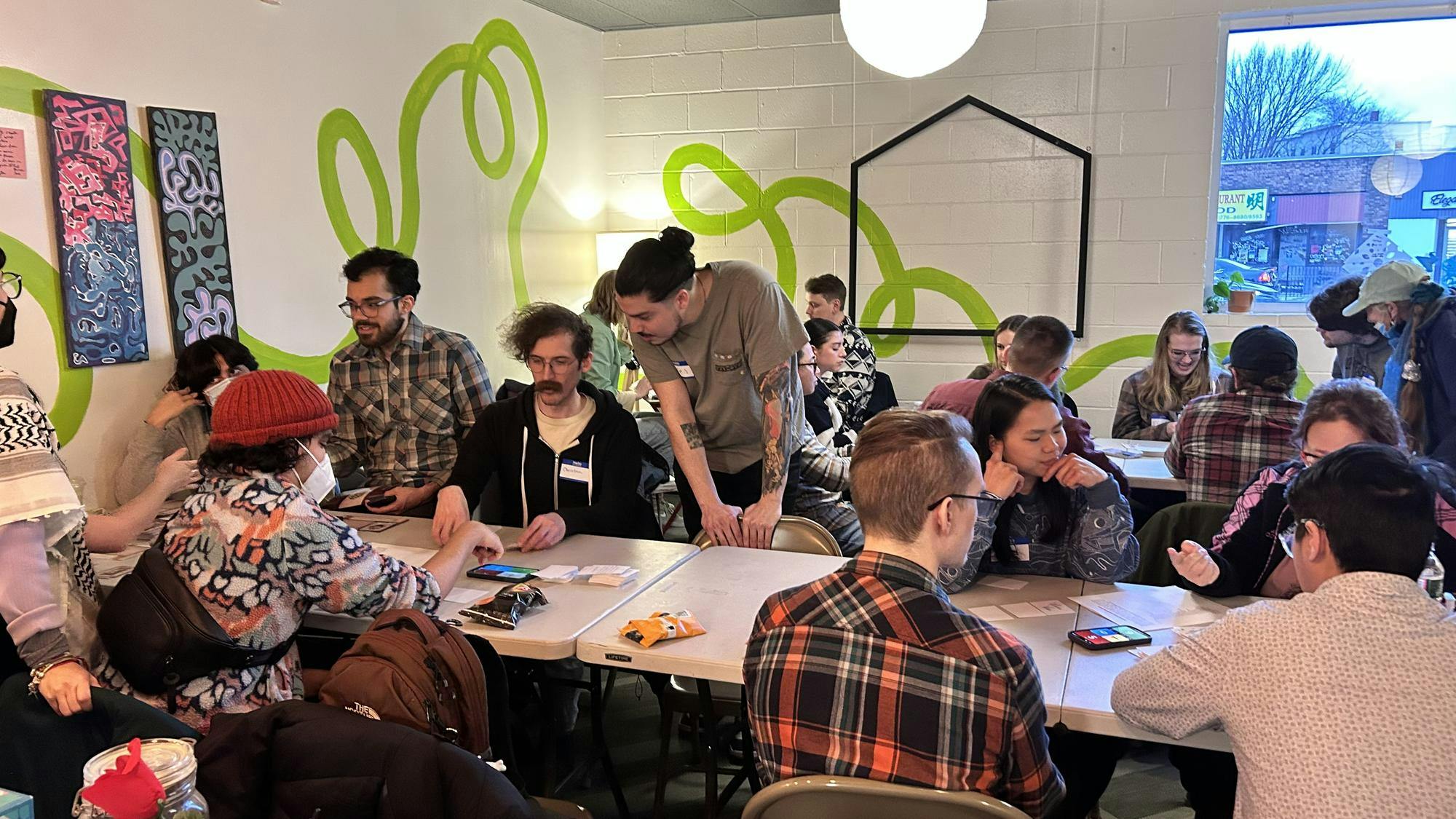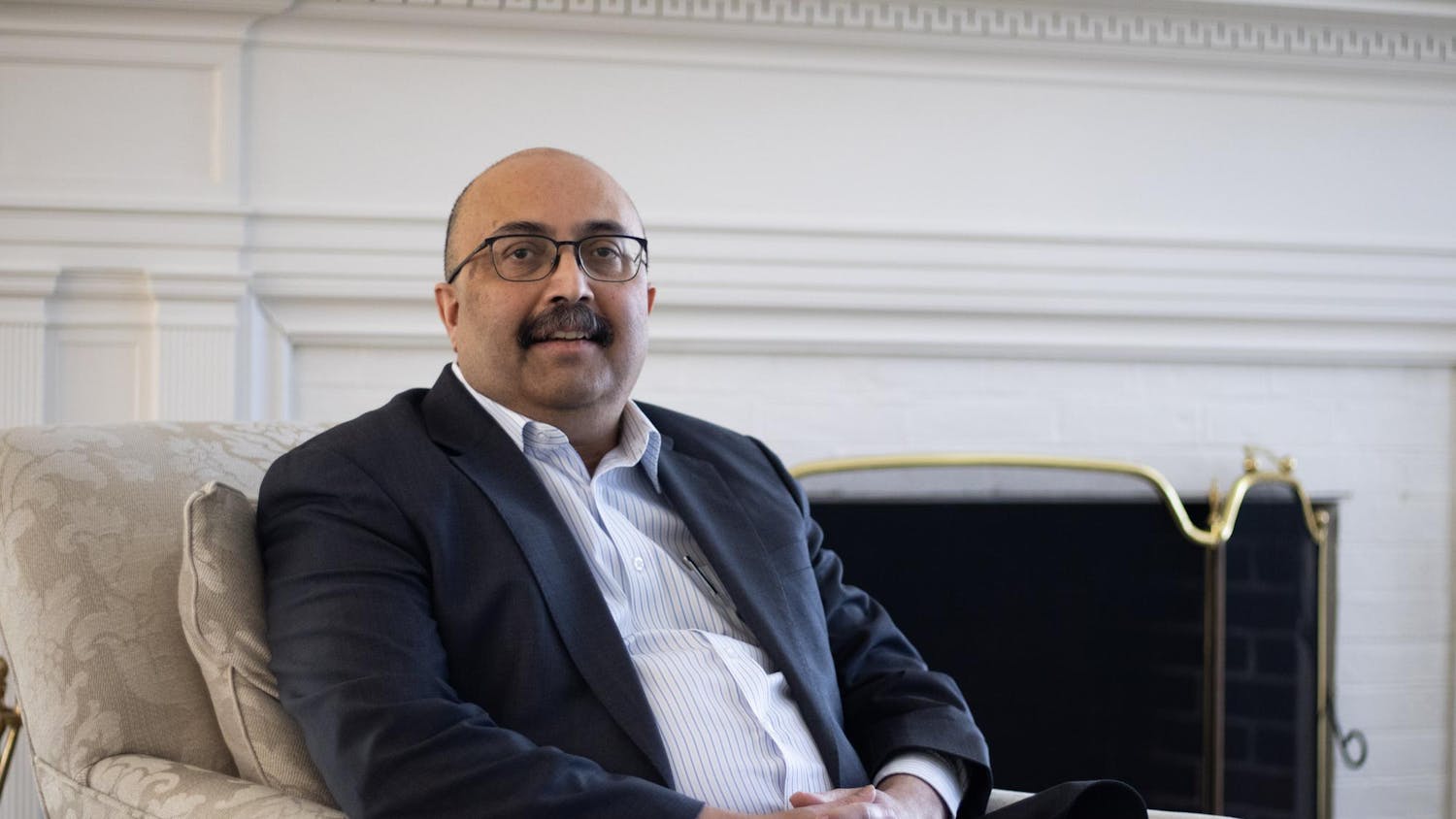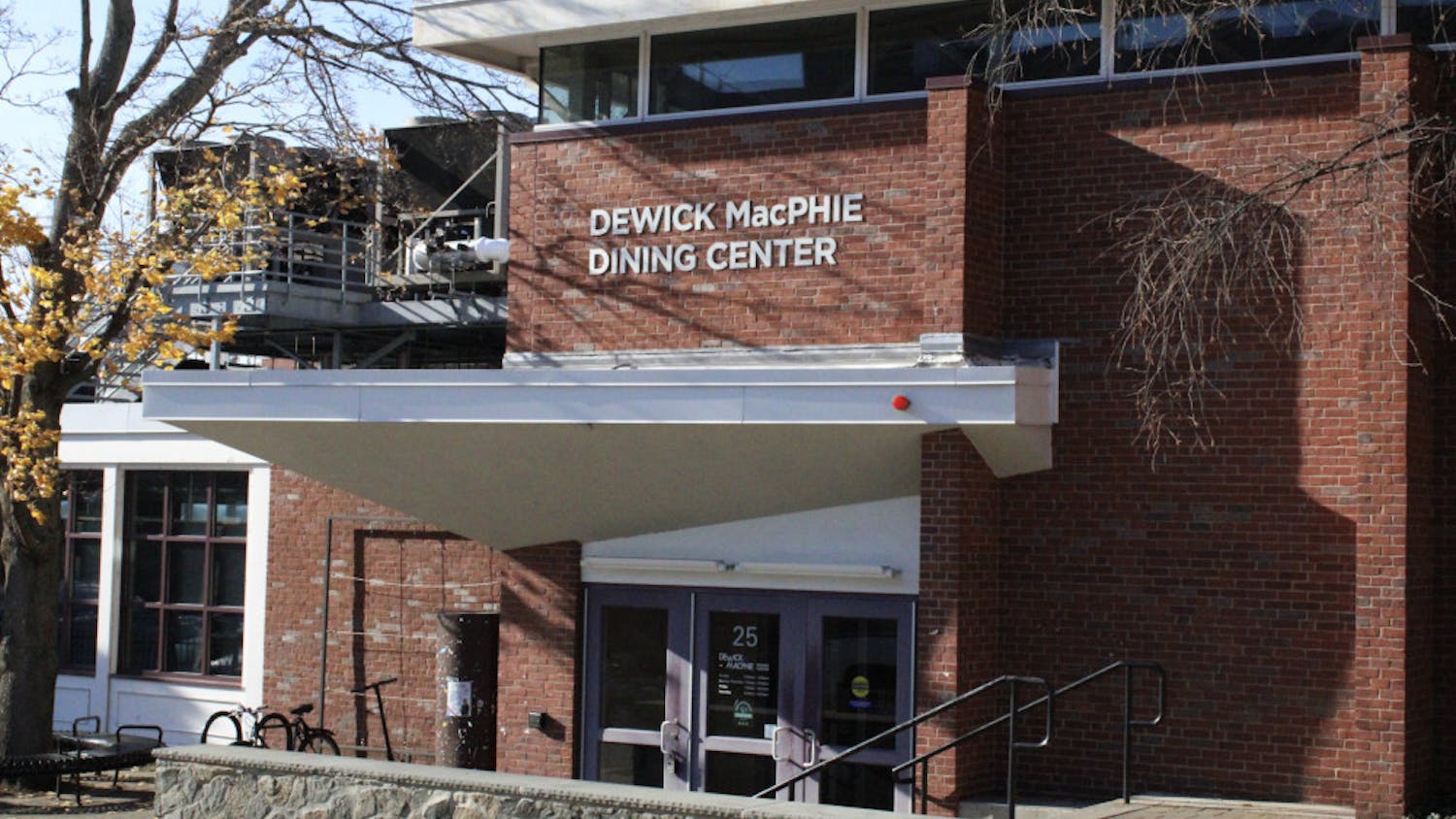CultureHouse, a nonprofit placemaking organization based in Somerville, transformed a vacant storefront into a vibrant community center in Union Square. Since its opening in January 2024, the pop-up, located at 64 Union Square, has offered a space to foster community and build intercultural and intergenerational relationships.
CultureHouse partnered with the Union Square Neighborhood Council, or the USNC, to take on the project. As a coalition of people who live and work in Union Square, the USNC negotiates community benefit agreements with developers that include support for local nonprofits and mitigate any possible harm to the community. After more than eight years of discussion amongst the neighborhood and city council about the possibility of a communal space, CultureHouse decided to step in.
“With Somerville itself, there’s a lot of change happening,” CultureHouse Community Manager Rishika Dhawan said. “That seems to be the large conversation around and in the city. And with that change, how do we keep our identity and keep our sense of community? That’s a big driver for the Union Square pop-up.”
Before opening on Jan. 10, CultureHouse collected data and did community outreach in the “pre-opening stage” of the pop-up. Dhawan and the CultureHouse team hosted public forums on Zoom, put up flyers at local businesses and put out an open call for an advisory group. They also partnered with SomerViva, the City of Somerville’s Office of Immigrant Affairs, to engage with non-English speaking populations and meet residents where they are.
“I think a lot of people didn’t quite get what we were trying to do,” Stephanie Irigoyen, the manager of the Union Square pop-up, said about her time engaging with community members before the opening. “We try to explain [the space] as a living room for the public or community center space, and I think [community members] kind of get it, but not until they’re really in here do they understand what the space is supposed to be.”
The Union Square pop-up includes an open living room designed for conversation and community events. Visitors are also welcome to drink tea or coffee at no cost. Dhawan noted that because CultureHouse uses a pour-over coffee maker, each cup takes about seven minutes to make, creating the perfect opportunity for visitors to start a conversation with each other. The pop-up also includes a kitchen, a quiet area for reading and a meeting room.
“I love seeing people realize that this is a free space that they can use because they just relax,” Irigoyen said. “They know they don't have to buy something now. The pressure’s off. They can just sit and enjoy the space.”
The pop-up space is also used for community events such as Somerville City Councilor open hours and events held by the Somerville Community Land Trust. CultureHouse welcomes residents of all ages to weekly events like cross-cultural workshops, community concerts and improv performances.
Since its opening in January, the Union Square pop-up has been met with positive feedback from the residents of Somerville.
“There’s been over 1,500 people going in to play games, going there to play music [or] to just have a cup of coffee together,” USNC Co-Chair Ann Camara said. “It serves a lot of purpose.”
“People are using [the pop-up]. And they love it. They can actually see and feel it,” Dhawan said. “For them, that’s so important because the one thing we hear now is, ‘we can’t believe this is going away in June. What to do after that? Where are we going to go?’”
The pop-up is scheduled to close on June 9, but community members, including those who work in the USNC, are looking to extend it. For CultureHouse, the pop-up is only the first step to show that a community space is not only possible but highly beneficial to the residents.
Following the operation, CultureHouse will release an impact report with recommendations and an operational and financial model for the USNC to bring to local developers. With the data and feedback from residents, the USNC will better be able to advocate for a permanent community center.
“So for us, the big goal is being able to give them [data] they can now take to the developers and say, ‘hey, we have that information. We’ve tested it out. It works in the community, they respond really well. They want it. They need it,’” Dhawan said.
The impact of the pop-up is difficult to measure, but Irigoyen emphasized the importance of a free space for people to meet each other.
“I’m walking out in the street and I wave to people because I recognize them from the pop-up,” Irigoyen said. “So that’s pretty cool. [It] feels like a neighborhood now.”






